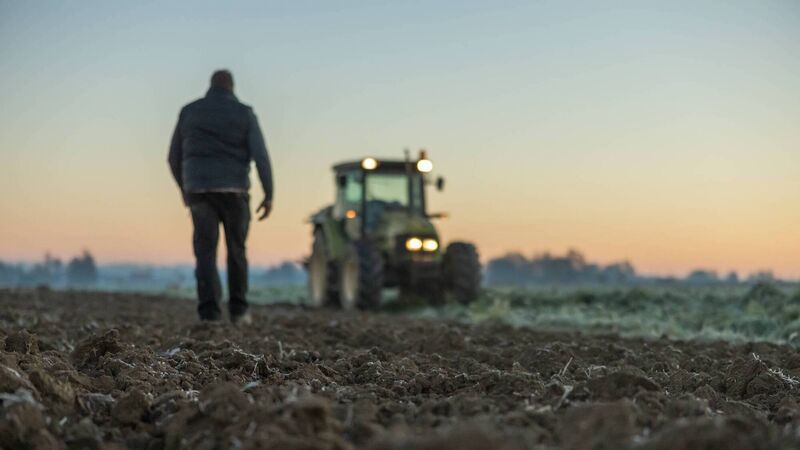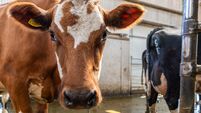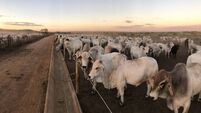Sowing mental wellbeing in farming

A 2024 study found 22.8% of farmers were at risk of suicide.
With mental health for farmers everywhere slowly becoming more openly discussed, UCD’s Agri Mental Health Group hopes to drive research and awareness.
Established in 2022, the group was originally a collaboration between University College Dublin’s (UCD) School of Agriculture and Food Science and the School of Psychology. It has grown exponentially to now include professionals from South East Technological University (SETU) and Technical University Dublin (TUD) among its staff.












